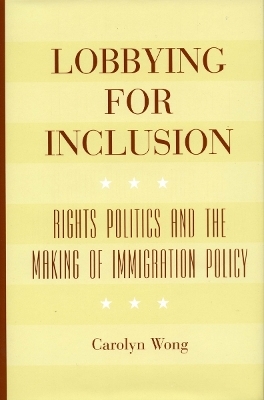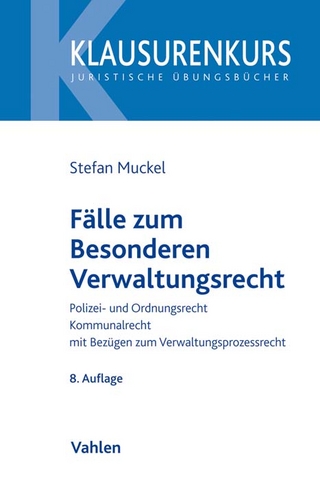
Lobbying for Inclusion
Rights Politics and the Making of Immigration Policy
Seiten
2006
Stanford University Press (Verlag)
978-0-8047-5175-9 (ISBN)
Stanford University Press (Verlag)
978-0-8047-5175-9 (ISBN)
- Lieferbar (Termin unbekannt)
- Versandkostenfrei innerhalb Deutschlands
- Auch auf Rechnung
- Verfügbarkeit in der Filiale vor Ort prüfen
- Artikel merken
Lobbying for Inclusion shows that Latin American and Asian immigrant advocacy groups created in the wake of the 1965 immigration reforms were remarkably effective in influencing the formation of federal immigration law and policy.
In every decade since passage of the Hart Cellar Act of 1965, Congress has faced conflicting pressures: to restrict legal immigration and to provide employers with unregulated access to migrant labor. Lobbying for Inclusion shows that in these debates immigrant rights groups advocated a surprisingly moderate course of action: expansionism was tempered by a politics of inclusion. Rights advocates supported generous family unification policies, for example, but they opposed proposals that would admit large numbers of guest workers without providing a clear path to citizenship.
As leaders of pro-immigrant coalitions, Latino and Asian American rights advocates were highly effective in influencing immigration lawmakers even before their constituencies gained political clout in the voting booth. Success depended on casting rights demands in universalistic terms, while leveraging their standing as representatives of growing minority populations.
In every decade since passage of the Hart Cellar Act of 1965, Congress has faced conflicting pressures: to restrict legal immigration and to provide employers with unregulated access to migrant labor. Lobbying for Inclusion shows that in these debates immigrant rights groups advocated a surprisingly moderate course of action: expansionism was tempered by a politics of inclusion. Rights advocates supported generous family unification policies, for example, but they opposed proposals that would admit large numbers of guest workers without providing a clear path to citizenship.
As leaders of pro-immigrant coalitions, Latino and Asian American rights advocates were highly effective in influencing immigration lawmakers even before their constituencies gained political clout in the voting booth. Success depended on casting rights demands in universalistic terms, while leveraging their standing as representatives of growing minority populations.
Carolyn Wong is Assistant Professor of Political Science at Stanford University.
Contents List of Figure and Tables ii Chapter One. Introduction 1 Chapter Two. Ethnic Identity and Interest Groups 000 Chapter Three. Hart Cellar Act of 1965000 Chapter Four. Post "Bracero" Dilemmas000 Chapter Five. Legal and Illegal Immigration Reform 000 Chapter Six. Revisiting Reform in a Republican Congress 000 Chapter Seven.Conclusion 000 Notes 000 Bibliography000 Index000
| Erscheint lt. Verlag | 17.3.2006 |
|---|---|
| Zusatzinfo | 30 tables, 1 figure |
| Verlagsort | Palo Alto |
| Sprache | englisch |
| Maße | 152 x 229 mm |
| Gewicht | 463 g |
| Themenwelt | Recht / Steuern ► EU / Internationales Recht |
| Recht / Steuern ► Öffentliches Recht ► Besonderes Verwaltungsrecht | |
| Sozialwissenschaften ► Politik / Verwaltung ► Staat / Verwaltung | |
| Sozialwissenschaften ► Soziologie | |
| ISBN-10 | 0-8047-5175-7 / 0804751757 |
| ISBN-13 | 978-0-8047-5175-9 / 9780804751759 |
| Zustand | Neuware |
| Haben Sie eine Frage zum Produkt? |
Mehr entdecken
aus dem Bereich
aus dem Bereich
Grundwerk ohne Fortsetzung. Rechtsstand: 1. September 2024. …
Buch | Hardcover (2024)
C. H. Beck (Verlag)
79,00 €
Polizei- und Ordnungsrecht, Kommunalrecht, mit Bezügen zum …
Buch | Softcover (2021)
Vahlen, Franz (Verlag)
25,90 €


